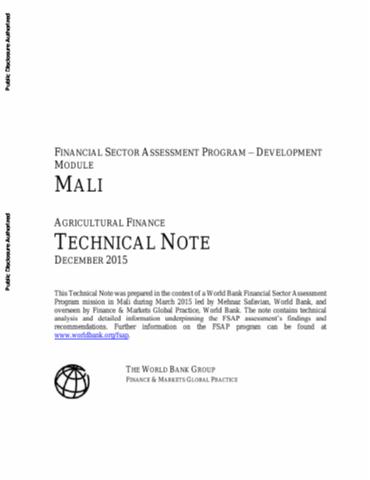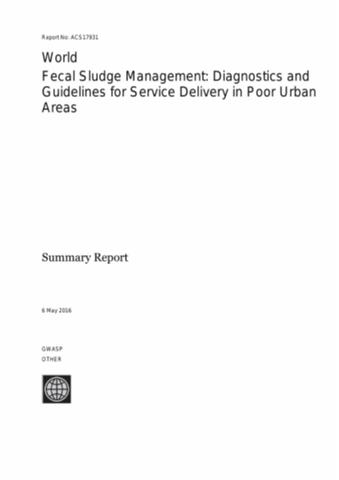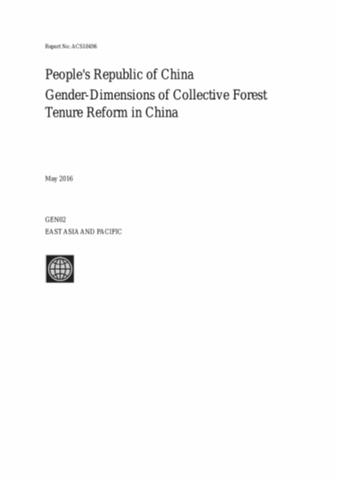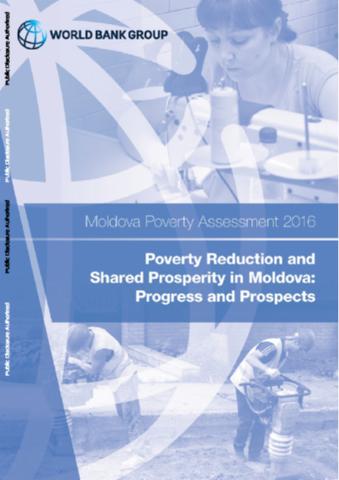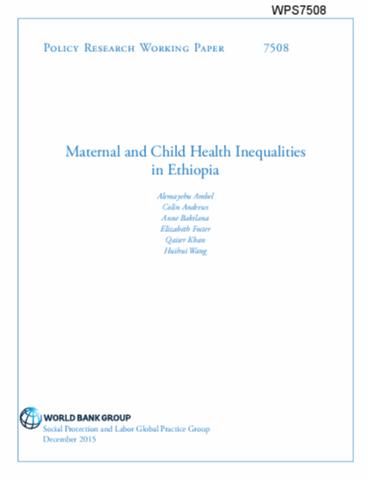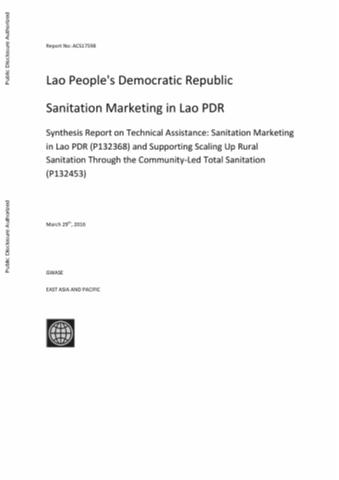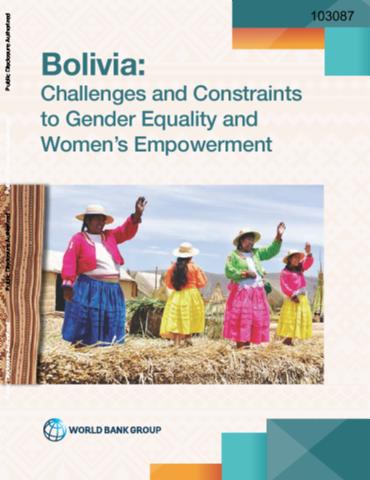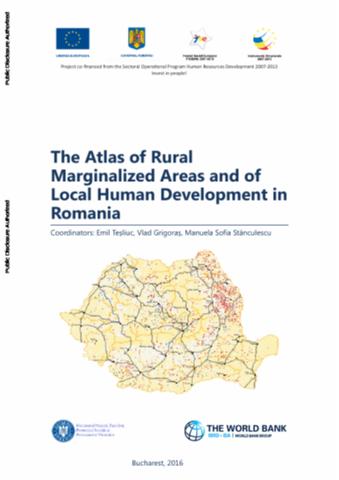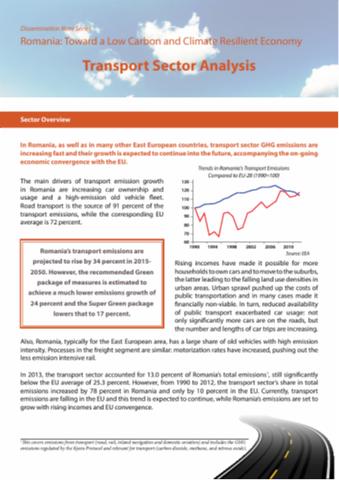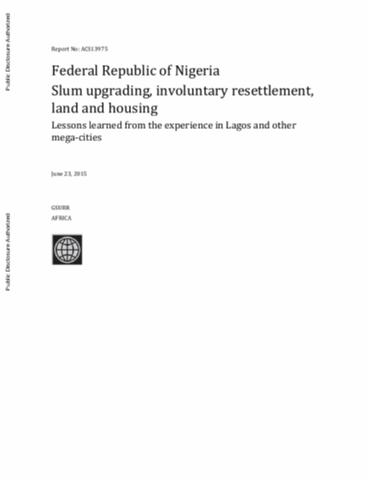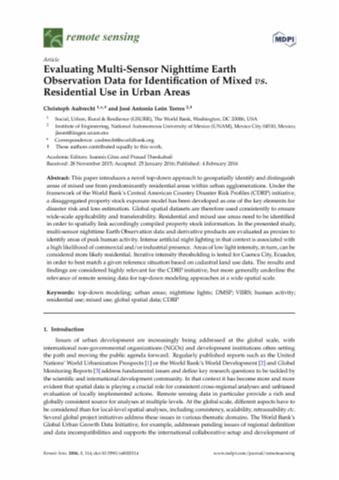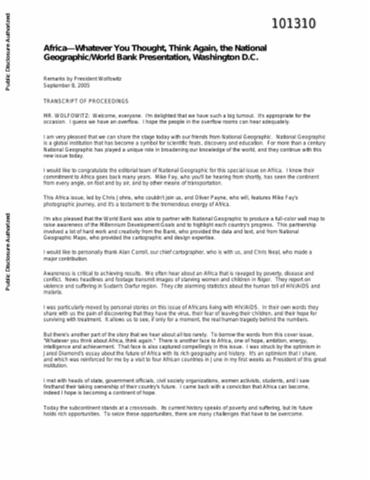Mali Financial Sector Assessment Program
The performance of the Malian economy is largely dependent on the performance of the agricultural sector. The overall good growth in the Malian economy over the last several years is attributed to the agricultural GDP growth. Since 1995, the economy grew at about 5 percent per year until 2010, but a global recession, the military coup and terrorist activity caused a noticeable slowdown in GDP to about 1.2 percent in 2011-2012. The economic growth has resumed at a slow pace since 2013 and is currently estimated around 4.5 percent for 2014-2015.

